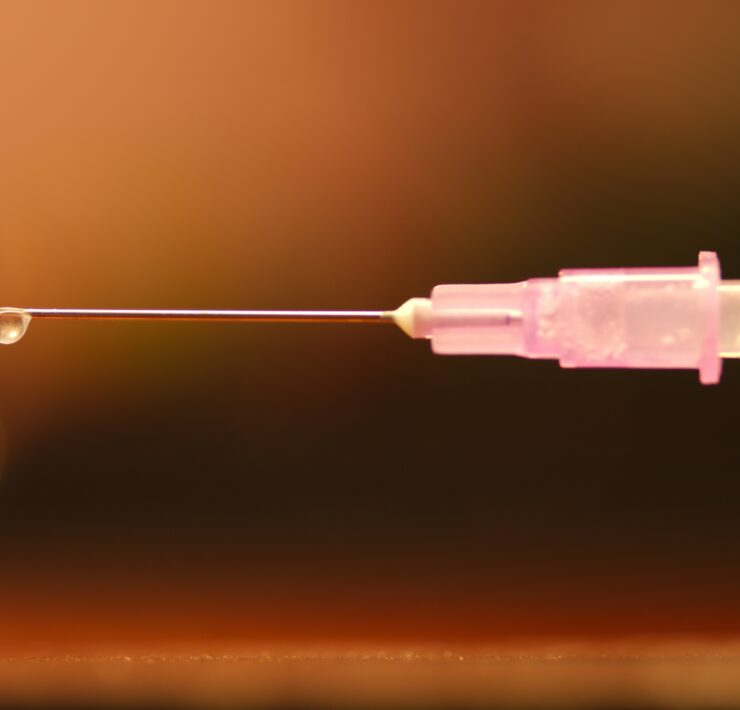The ‘undetectable’ truth

Scott McGlothlen lives in Denver. He writes about his journey…
Anyone who enjoys a good scanning of online sex ads probably sees the word “undetectable” dropped frequently with HIV acknowledgement. In the modern times when HIV meds work well, it’s become a catchphrase. Unfortunately, the HIV-naïve don’t know what it means, and questions about the big u-bomb frequently arise. Does it mean that HIV is gone? Does it make sex safer?
The scientific meaning behind “undetectable” is a measurement of the amount of HIV in a person’s blood sample. The measurement is known as the “viral load,” and the amount of HIV units are referred to as “copies” per milliliter of blood.
When I was first diagnosed with HIV, my viral load was about 36,000 copies – actually a low number. By the time my doctor and I decided to go on medication, it was more than 300,000 copies, which was moderate if not somewhat high. If someone contracts HIV and goes untested, the immune system can battle it out for varying time periods, but eventually the virus will get the upper hand and the copies will increase. If gone too long without a diagnosis, the viral load can go into the millions, making HIV extremely infectious in a person’s bodily fluids.
Medical technology is all about being precise. Tests can detect anything greater than 48 copies. Fewer copies cannot be detected, hence the phrase “undetectable.”
One can imagine that if my initial viral load was low at 36,000 copies, then anything less than 48 copies would be considered practically nonexistent.
So does this mean that an undetectable viral load is a pseudo-cure? The answer, unfortunately, is no. The virus still exists; it’s just hiding in parts of the body that medications can’t penetrate, such as the lymph nodes. But it does mean that available medications make for incredible treatment. If a high viral load equals high potency, then logically low viral loads mean low potency.
The “undetectable” terminology made its way out of doctors’ offices and into our social culture of sexuality. Potency plays a role in safety: A certain amount of HIV has to enter one’s bloodstream in order to achieve infection. Ergo someone who tests at undetectable levels is also considered less infectious than someone who doesn’t. It has become a bit of a buzzword since it adds a sense of security.
I started medications on a study of a new drug combination. My viral load went to undetectable in two weeks and has remained there ever since. This typically takes six months using other common medication combinations. It gave me confidence not only in my sexuality and the sexuality of my partner, but also in the sense that the virus was no longer winning the war inside my body.
Doctors have varying opinions on what “undetectable” means to sexual behaviors: Most agree condoms and safe sex practices should continue. Others argue that an undetectable viral load gives leeway in how “safe” sex can be carried out.
Throughout my years as an HIV-positive man, I’ve met many poz/neg couples (also known as “magnetic couples”) who have confidence in this leeway. They consider an undetectable viral load to be an opportunity for the negative top to go condomless with the positive undetectable bottom. With some at their relationship’s 10-year mark or beyond, they verify that no transmission has occurred. But most of these same couples also confirm that the positive partner does use a condom if topping.
When the “undetectable” tag arises in any sexy situation, it is most likely intended to assure the other person of safety. If this person were to use the term as a way to persuade a person of forgoing normal safety, their intentions or beliefs become highly questionable. When someone hears this word being offered to them, it is OK to ask questions in return – maybe about when the last blood test was done. It’s also good to ask if they ever happen to miss doses of medications, which can cause the virus to mutate and adapt to the medication and no longer be undetectable.
Being “undetectable” can certainly increase safety but not necessarily increase certainty. Still, while “undetectable” doesn’t necessarily replace safer sex, there’s an amount of reassurance it can offer to back safer sex up (no pun intended).
What's Your Reaction?
Scott McGlothlen lives in Denver. He writes about his journey as an HIV-positive man.










